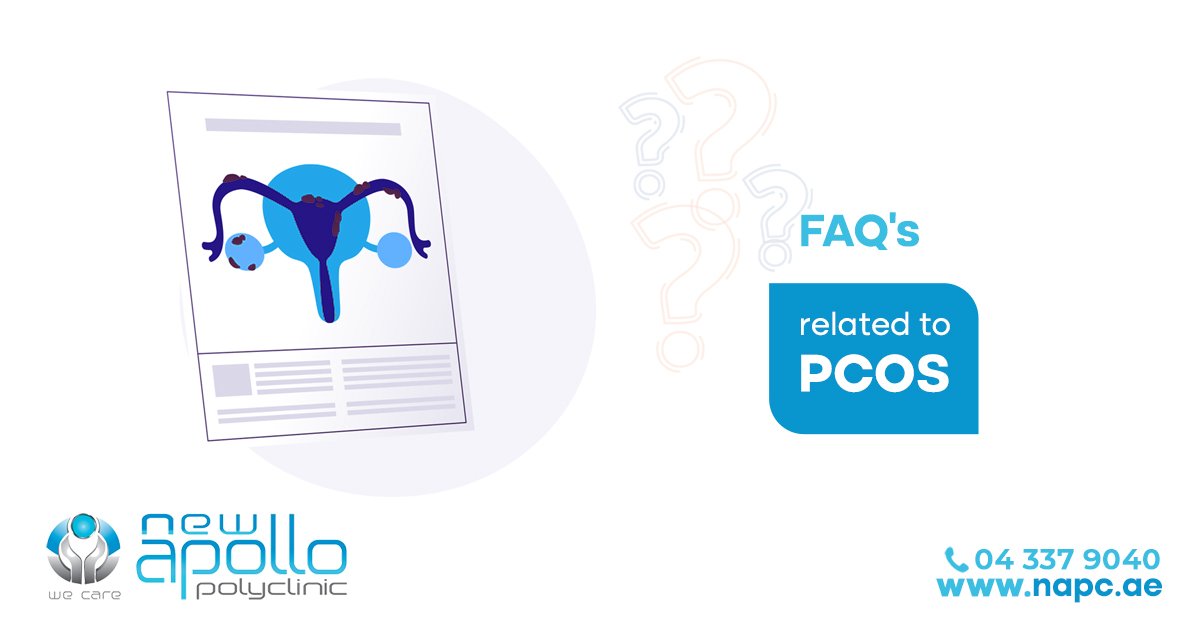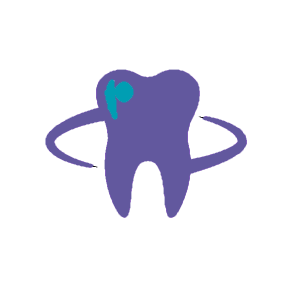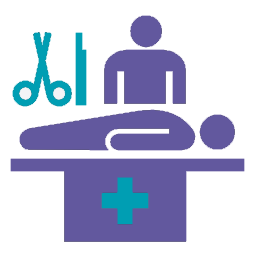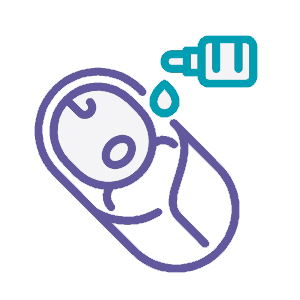
FAQ’s related to PCOS
Polycystic Ovary Syndrome (PCOS) is a common hormonal disorder affecting women of reproductive age, characterized by irregular menstrual periods, elevated androgen levels, and the presence of cysts in the ovaries. Managing PCOS can be complex, but it is essential for reducing the risk of long-term health issues such as type 2 diabetes, high blood pressure, high cholesterol levels, and endometrial cancer. In this blogpost we will discuss some of the most frequently asked questions regarding this common health issue.
- What is PCOS (Polycystic Ovary Syndrome)?
PCOS is a hormonal disorder that affects women of reproductive age. It is characterized by irregular menstrual periods, excess androgen levels (male hormones), and cysts in the ovaries.
- What are the symptoms of PCOS?
Common symptoms include irregular menstrual cycles, excessive hair growth (hirsutism), acne, weight gain or difficulty losing weight, and infertility.
- What causes PCOS?
The exact cause of PCOS is not fully understood, but it is believed to involve a combination of genetic and environmental factors. Insulin resistance and hormonal imbalance play significant roles in its development.
How is PCOS diagnosed?
Diagnosis typically involves a combination of medical history, physical examination, blood tests (to measure hormone levels), and imaging studies (such as ultrasound to visualize the ovaries).
What are the long-term health risks associated with PCOS?
Women with PCOS have an increased risk of developing type 2 diabetes, high blood pressure, high cholesterol levels, and endometrial cancer due to irregular menstrual cycles and hormone imbalances.
How does PCOS affect fertility?
PCOS is a common cause of infertility due to irregular ovulation or lack of ovulation. However, many women with PCOS can conceive with appropriate medical treatment and lifestyle modifications.
Are there any dietary recommendations for managing PCOS?
A balanced diet that is low in refined carbohydrates and sugars, and high in fiber, fruits, vegetables, and lean protein may help manage insulin levels and weight, which can improve symptoms of PCOS.
Is PCOS associated with other health conditions?
Yes, PCOS is associated with an increased risk of developing conditions such as obesity, type 2 diabetes, cardiovascular disease, and mood disorders like depression and anxiety.
At New Apollo Polyclinic, we are committed to providing comprehensive care and support for women with PCOS. Our dedicated gynecologist is here to help you navigate your PCOS journey with personalized treatment plans and compassionate care. Our Obgyn, Dr. Rosen Kattukaran specializes in prenatal & postnatal care, treating & managing women’s health issues including PCOS/PCOD. If you are looking for the best Obstetrician and Gynecologist in Karama, Dubai schedule an appointment with her today to manage PCOS and improve your quality of life.




































